Islam is a religion that teaches racial equality and is utterly opposed to racism. Prophet Muhammad (peace be upon him) actively preached racial equality and fought against racism, particularly anti-black racism.
Unfortunately, anti-black racism continues to be an issue in Muslim communities around the world. To combat the human cancer of anti-black racism, several authors and historians have written valuable works on the issue and the valuable contributions of black Muslims in history.
While not an exhaustive list on anti-black racism, below is a list of 10 books to understand the contribution and legacy of black Muslims in history.
Unfortunately, anti-black racism continues to be an issue in Muslim communities around the world. To combat the human cancer of anti-black racism, several authors and historians have written valuable works on the issue and the valuable contributions of black Muslims in history.
While not an exhaustive list on anti-black racism, below is a list of 10 books to understand the contribution and legacy of black Muslims in history.
- Illuminating the Darkness: The Virtues of Blacks and Abyssinians by Ibn al-Jawzi
Written by the renowned religious scholar from Iraq, Ibn al-Jawzi wrote this book in the 12th century after he came across disheartened East Africans over their dark skin colour. Ibn al-Jawzi compiled this treatise outlining the virtues and accomplishments of notable black figures in Islamic history. Drawing upon the Qur'an, hadith and Arabic poetry, the book presents the origin of black people, the cause of their skin colour, and praiseworthy qualities amongst black Africans.
2. Slave Rebellion in Brazil: The Muslim Uprising of 1835 in Bahia by João José Reis
Muslim slave uprising in Bahia in 1835, though unsuccessful in winning freedom for the rebels, had national repercussions, making it the most important urban slave rebellion in the Americas and the only one in which Islam played a major role. Reis draws on hundreds of police and trial records in which Africans, despite obvious intimidation, spoke out about their cultural, social, economic, religious, and domestic lives in Salvador. This well-researched book is the most important work on the various uprisings of African Muslims in 19th century Brazil.
Muslim slave uprising in Bahia in 1835, though unsuccessful in winning freedom for the rebels, had national repercussions, making it the most important urban slave rebellion in the Americas and the only one in which Islam played a major role. Reis draws on hundreds of police and trial records in which Africans, despite obvious intimidation, spoke out about their cultural, social, economic, religious, and domestic lives in Salvador. This well-researched book is the most important work on the various uprisings of African Muslims in 19th century Brazil.
3. Servants of Allah: African Muslims Enslaved in the Americas by Sylviane A. Diouf
An illuminating exploration on the history of enslaved African Muslims in the Americas. This fascinating book details how enslaved Muslims preserved their faith, and even drew conviction from their faith to lead a number of uprisings. Written in great detail, the book explores how Islam played a pivotal role in the lives of enslaved Africans and influenced notable rebellions that shook the ruling elite at the time.
An illuminating exploration on the history of enslaved African Muslims in the Americas. This fascinating book details how enslaved Muslims preserved their faith, and even drew conviction from their faith to lead a number of uprisings. Written in great detail, the book explores how Islam played a pivotal role in the lives of enslaved Africans and influenced notable rebellions that shook the ruling elite at the time.
4. Islam and the Blackamerican: Looking Toward the Third Resurrection by Sherman A. Jackson
This book reads like a textbook, which is expected considering it is written by a professor. Dr. Sherman Jackson offers a vigorous examination of Islam among black people in America. Jackson notes that no one has offered a convincing explanation of why Islam spread among Blackamericans but not among white Americans or Hispanics.
This book reads like a textbook, which is expected considering it is written by a professor. Dr. Sherman Jackson offers a vigorous examination of Islam among black people in America. Jackson notes that no one has offered a convincing explanation of why Islam spread among Blackamericans but not among white Americans or Hispanics.
5. Illuminating the Darkness: Blacks and North Africans in Islam by Habeeb Akande
A primer on the issue of racial discrimination and colour prejudice in Islamic history. Part l of the book explores the concept of race, 'blackness', slavery, interracial marriage and racism in Islam in the light of the Qur'an, Hadith and early historical sources. Part ll of the book consists of a compilation of short biographies of noble black and North African Muslim men and women in Islamic history including Prophets, Companions of the Prophet and more recent historical figures.
A primer on the issue of racial discrimination and colour prejudice in Islamic history. Part l of the book explores the concept of race, 'blackness', slavery, interracial marriage and racism in Islam in the light of the Qur'an, Hadith and early historical sources. Part ll of the book consists of a compilation of short biographies of noble black and North African Muslim men and women in Islamic history including Prophets, Companions of the Prophet and more recent historical figures.
6. Illuminating the Blackness: Blacks and African Muslims in Brazil by Habeeb Akande
An exploration of the history of Brazil's race relations and African Muslim heritage. Divided into two parts, the book explores a range of topics including; anti-black racism, colourism, African Muslims' travels to Brazil before the Portuguese colonisers, the slave revolts and contemporary Muslim communities in Brazil. Examining the growing conversion of Afro-Brazilians to Islam, the book also investigates the complexities of race in Brazil and draws comparisons with the racial histories of the pre-modern Muslim world.
An exploration of the history of Brazil's race relations and African Muslim heritage. Divided into two parts, the book explores a range of topics including; anti-black racism, colourism, African Muslims' travels to Brazil before the Portuguese colonisers, the slave revolts and contemporary Muslim communities in Brazil. Examining the growing conversion of Afro-Brazilians to Islam, the book also investigates the complexities of race in Brazil and draws comparisons with the racial histories of the pre-modern Muslim world.
7. Beyond Timbuktu: An Intellectual History of Muslim West Africa by Ousmane Oumar Kane
Timbuktu is famous as a center of learning from Islam’s Golden Age. Yet it was one among many scholarly centers to exist in precolonial West Africa. Ousmane Kane charts the rise of Muslim learning in West Africa from the beginning of Islam to the present day and corrects lingering misconceptions about Africa’s Muslim heritage and its influence.
Timbuktu is famous as a center of learning from Islam’s Golden Age. Yet it was one among many scholarly centers to exist in precolonial West Africa. Ousmane Kane charts the rise of Muslim learning in West Africa from the beginning of Islam to the present day and corrects lingering misconceptions about Africa’s Muslim heritage and its influence.
8. Deeper Roots: Muslims in the Caribbean Before Columbus to the Present by Abdullah Hakim Quick
This easy to read book is an attempt to dispel some of the misconceptions about Islamic history in the Americas and to help put into perspective the actual achievements and travels of Muslim explorers, merchants and settlers. The author argues that Muslims played a significant role in the West long before European explorers. He also reveals how Muslims fought for freedom during the slavery period and how even today Islam's roots can be seen in the names and ancestry of people living in America and the Caribbean.
This easy to read book is an attempt to dispel some of the misconceptions about Islamic history in the Americas and to help put into perspective the actual achievements and travels of Muslim explorers, merchants and settlers. The author argues that Muslims played a significant role in the West long before European explorers. He also reveals how Muslims fought for freedom during the slavery period and how even today Islam's roots can be seen in the names and ancestry of people living in America and the Caribbean.
9. Educating Muslim Women: The West African Legacy of Nana Asma'u, 1793-1864 by Jean Boyd and Beverly Mack
Nana Asma'u was a devout, learned Muslim from 19th century Nigeria who was able to observe, record, interpret, and influence the major public events that happened around her. She is also the daughter of Uthman don Fodio, the founder of the Sokoto Caliphate in northern Nigeria. In this richly illustrated book with maps and photographs, the authors recount Asma'u's upbringing and critical junctures in her life from several sources. She remains a revered figure in northern Nigeria.
Nana Asma'u was a devout, learned Muslim from 19th century Nigeria who was able to observe, record, interpret, and influence the major public events that happened around her. She is also the daughter of Uthman don Fodio, the founder of the Sokoto Caliphate in northern Nigeria. In this richly illustrated book with maps and photographs, the authors recount Asma'u's upbringing and critical junctures in her life from several sources. She remains a revered figure in northern Nigeria.
10. The Autobiography of Malcolm X by Malcolm x and Alex Haley
An awe-inspiring read detailing the religious, spiritual and political growth of one of the most admired men in recent history. Malcolm X, also known as El-Hajj Malik el-Shabazz, was a human rights campaigner, public speaker and strong advocate for black Muslims in America. The book also covers the fundamental role that Malcolm's elder sister, Ella Collins played in his life. Collins introduced him to Islam, funded his historic trip to Mecca and instilled black pride in a young Malcolm. The book is an amazing and insightful read on fighting for racial justice, spiritual transformation, and the importance of speaking truth to power. This book is essential reading for anyone who wants to understand anti-black racism in America.
An awe-inspiring read detailing the religious, spiritual and political growth of one of the most admired men in recent history. Malcolm X, also known as El-Hajj Malik el-Shabazz, was a human rights campaigner, public speaker and strong advocate for black Muslims in America. The book also covers the fundamental role that Malcolm's elder sister, Ella Collins played in his life. Collins introduced him to Islam, funded his historic trip to Mecca and instilled black pride in a young Malcolm. The book is an amazing and insightful read on fighting for racial justice, spiritual transformation, and the importance of speaking truth to power. This book is essential reading for anyone who wants to understand anti-black racism in America.


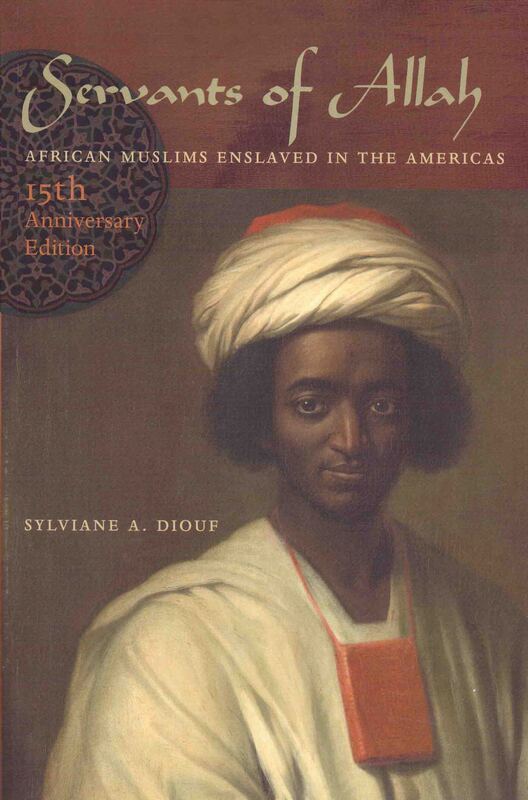
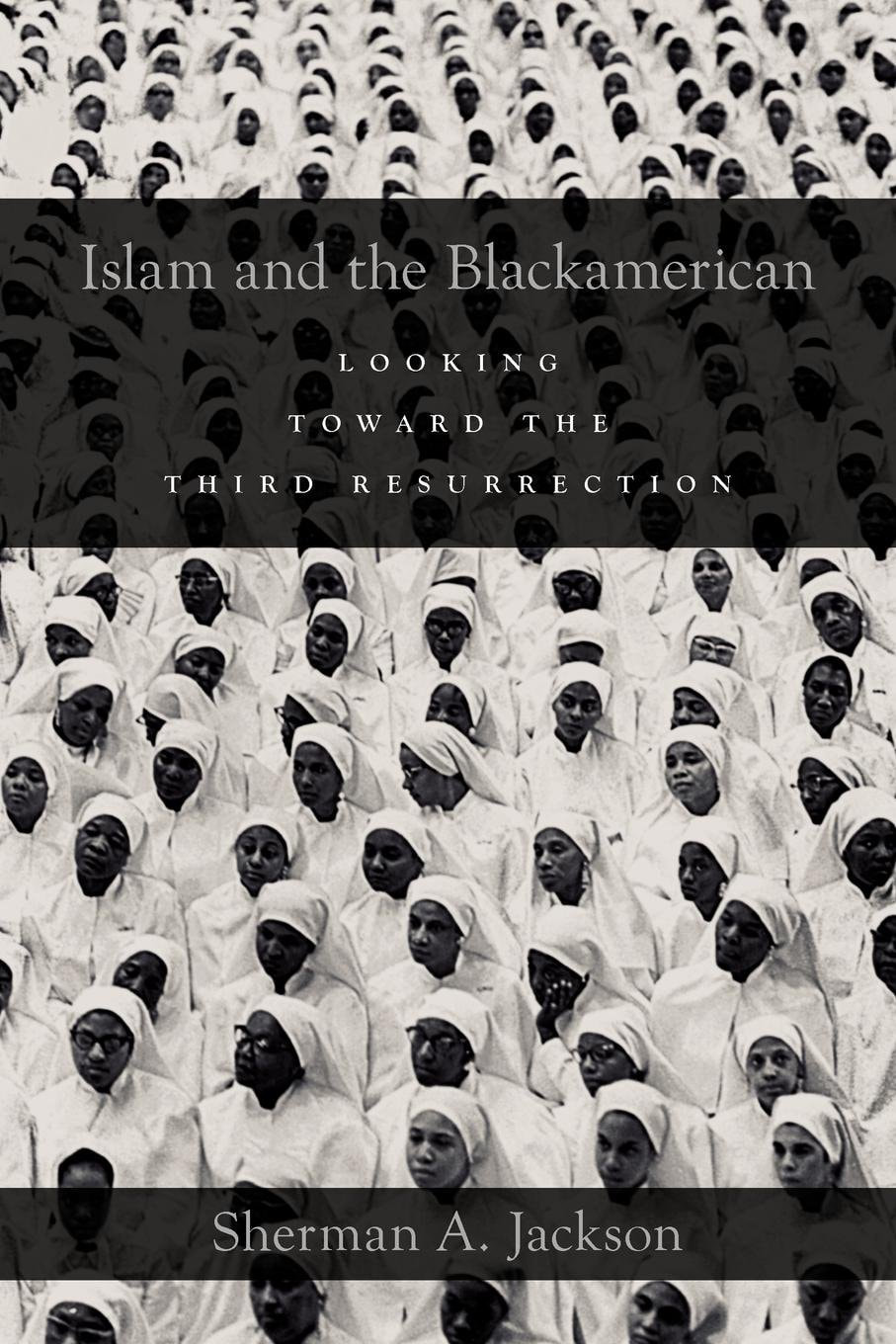

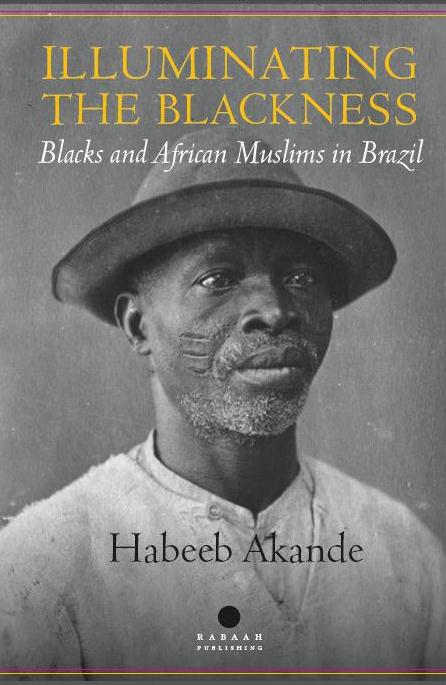
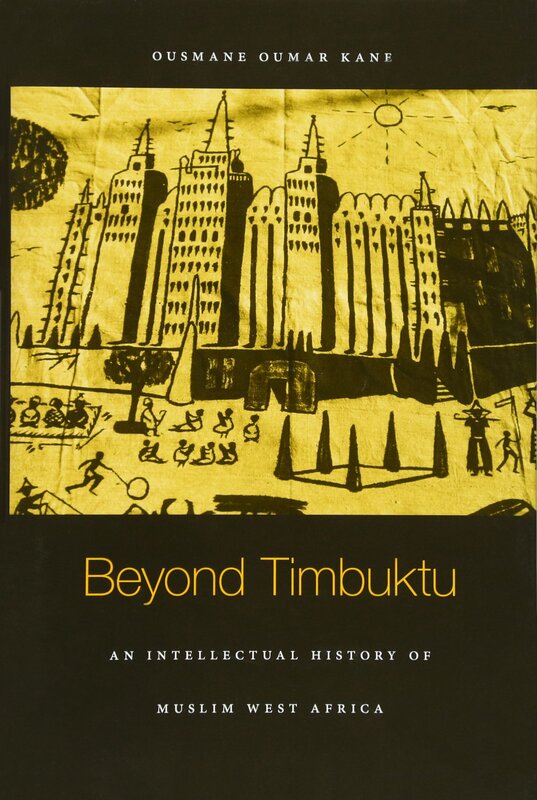

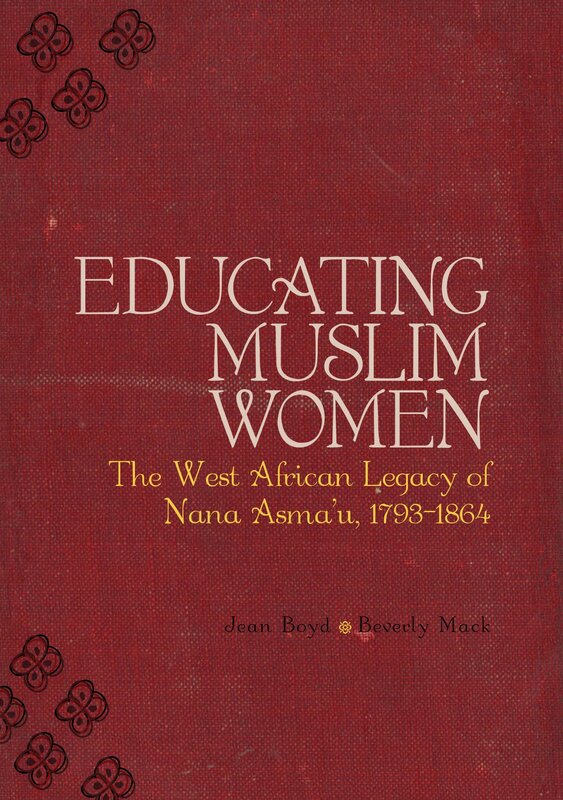
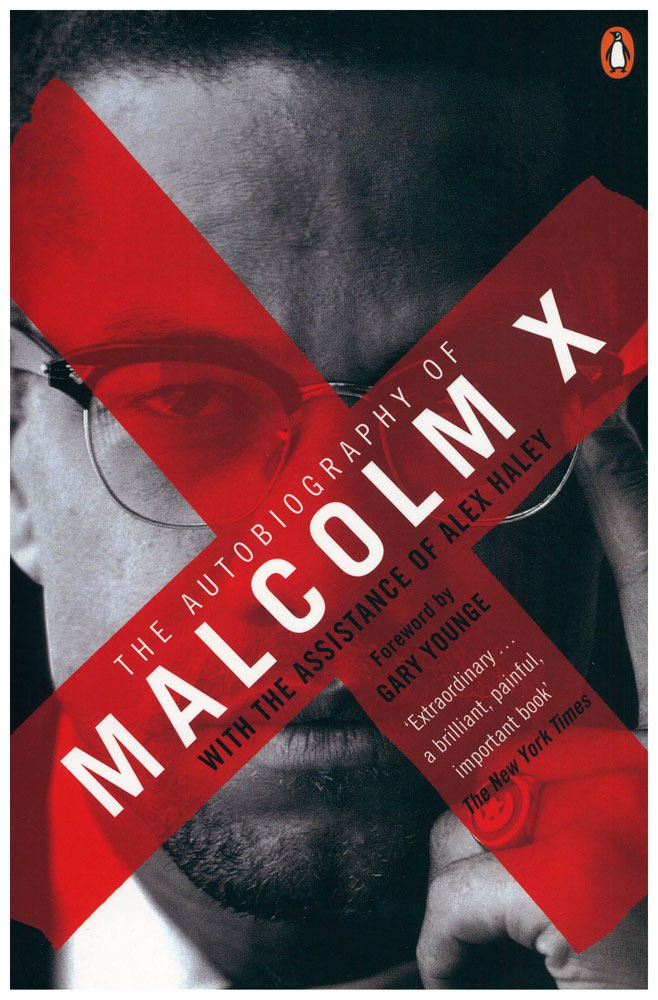
 RSS Feed
RSS Feed